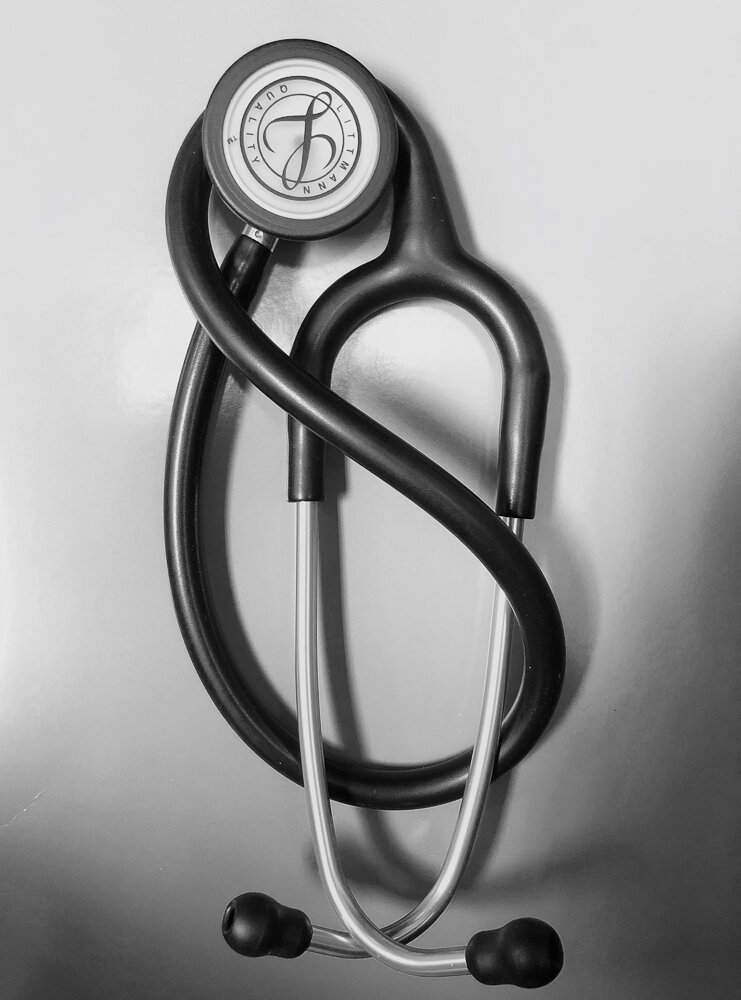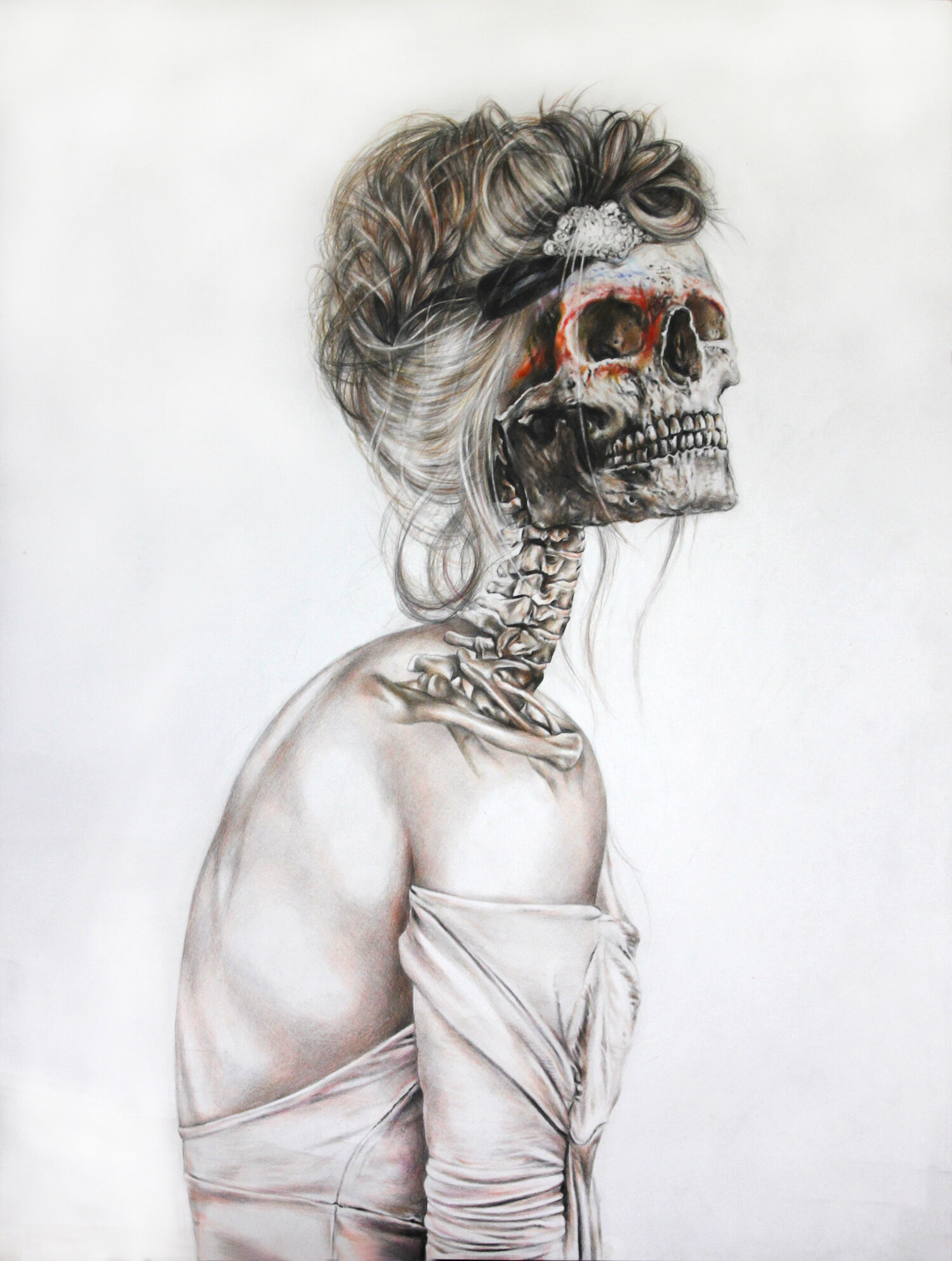—After ‘Macroscopic” by Adela Wu (Spring 2021 Intima)
My mother and I were not close. I knew she wanted us to be, but I couldn’t do it her way. For most of my adult life, I kept my distance, emotionally and physically. We lived on opposite sides of the continent. In her 80’s, the creeping dementia my mother never discussed was overtaken by a cruel and much more terrifying diagnosis: Stage IV ovarian cancer.
Aided by her cancer-free twin sister, Mom endured multiple surgeries and two lengthy and debilitating rounds of chemo. Each time, her cancer came roaring back within weeks. Her surgeon suggested an experimental Round Three. Mercifully, her oncologist suggested hospice at home instead.
During the first year of Mom’s illness, I was trapped by my own cancer treatment, unable to participate in her care. I called daily, spoke with her, spoke with my aunt, asked about her pain, her “tummy trouble,” her ascites, and her white count. I took notes and dictated the questions to ask at her next appointment.
As soon as my doctors cleared me to visit her, I did. I was always on the verge of moving in with her, but never quite needed to do so. I flew back and forth. The more debilitated she became—by her cancer and her dementia—the more often I visited.
Adela Wu’s Studio Art piece “Macroscopic” simply and eloquently captures the changes in how I experienced my mother during those last months and weeks. The simplest things gave her joy: A small dish of ice cream. A pain-free nap on the down-stuffed cushions of her couch. Cuddles with her cats. A bird visiting the feeder outside her window.
Even as her disease spread through her body, even as she faded, my mom seemed to crystallize. She became, ultimately, the Essence of herself. And—just at the end—I finally saw her.
Kathryn Paul
Photo by Andrew Givhan
Kathryn Paul (Kathy) is a survivor of many things, including cancer and downsizing. Her poems have appeared in Rogue Agent, Hospital Drive, The Ekphrastic Review, Lunch Ticket, Stirring: A Literary Collection, Pictures of Poets and Poets Unite! The LiTFUSE @10 Anthology. Her poem “Dementia Waltz” appears in the Spring 2021 Intima.






